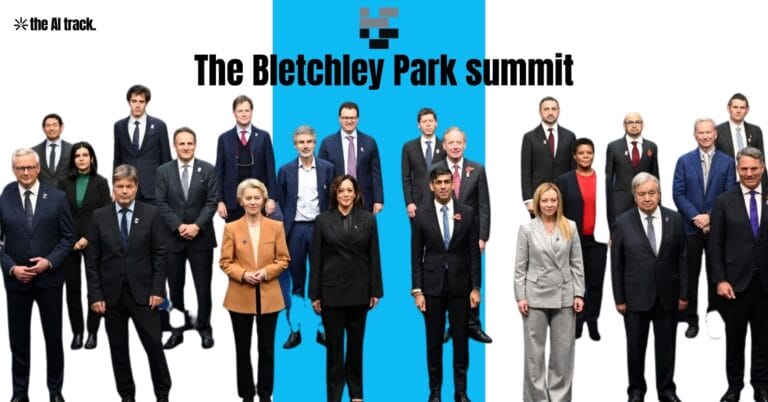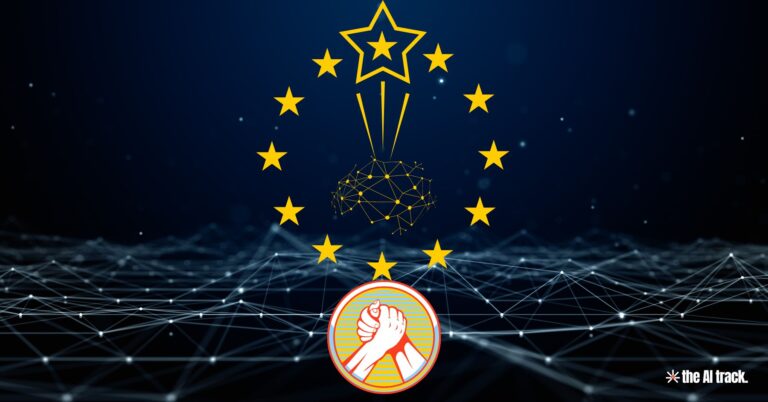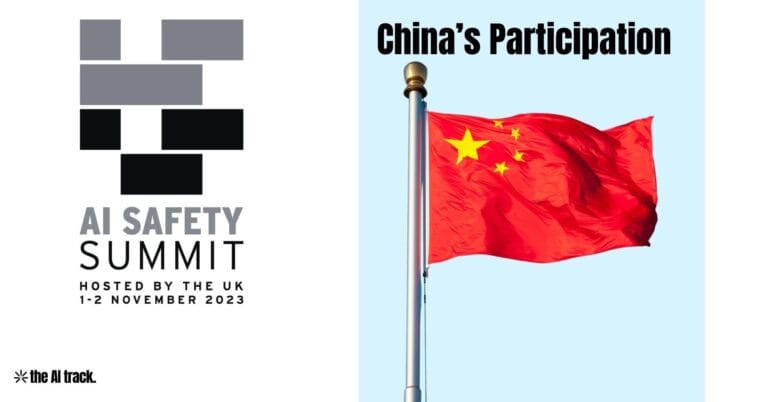France, Germany, and Italy have reached an agreement on AI regulation in the European Union, which supports voluntary but binding commitments for both small and large AI providers.

Key Points
- France, Germany, and Italy have resolved their disagreements on AI regulation in the European Union.
- They have agreed on voluntary but binding commitments for AI providers in the EU.
- The joint paper emphasizes that the AI Act regulates the application of AI, not the technology itself, as the inherent risks lie in the application of AI systems.
- Germany’s approach is to regulate the application of AI rather than AI technology itself.
- The balance between harnessing AI opportunities and limiting risks is a crucial objective.
- The focus of the regulation is on mandatory self-regulation through codes of conduct, particularly for AI foundation models.
- AI foundation models, a form of generative AI (GenAI), are designed to produce outputs from prompts.
- Developers of AI foundation models are required to create model cards containing relevant information about the model’s functioning, capabilities, and limits.
- An AI governance body could oversee the application of model cards.
- As it stands, there are no immediate sanctions for non-compliance, but the possibility of sanctions in the future is mentioned.
- A European authority will monitor compliance with AI standards.
- The European Parliament previously presented the AI Act to mitigate AI risks and discrimination while harnessing AI’s innovative potential.
- The European Commission, European Parliament, and European Council are currently discussing their positions on GenAI regulation.
- Initially, the European Parliament proposed codes of conduct only for major AI players, mainly based in the US, but the new agreement extends the rules to all, fearing it could reduce trust in smaller European AI companies.
- This agreement is expected to set standards for Responsible AI in the EU, differentiating it from other regions like the UK, which have less clarity on AI regulation.
- Analysts have differing opinions on the agreement, with some seeing it as a way to balance regulation and innovation in the EU’s AI sector, while others criticize it for lacking consumer protection and not finding the right balance between innovation and regulation.
- Governments worldwide are focusing on the economic benefits of AI, with Germany hosting a digital summit and discussing AI-related issues with Italy.




